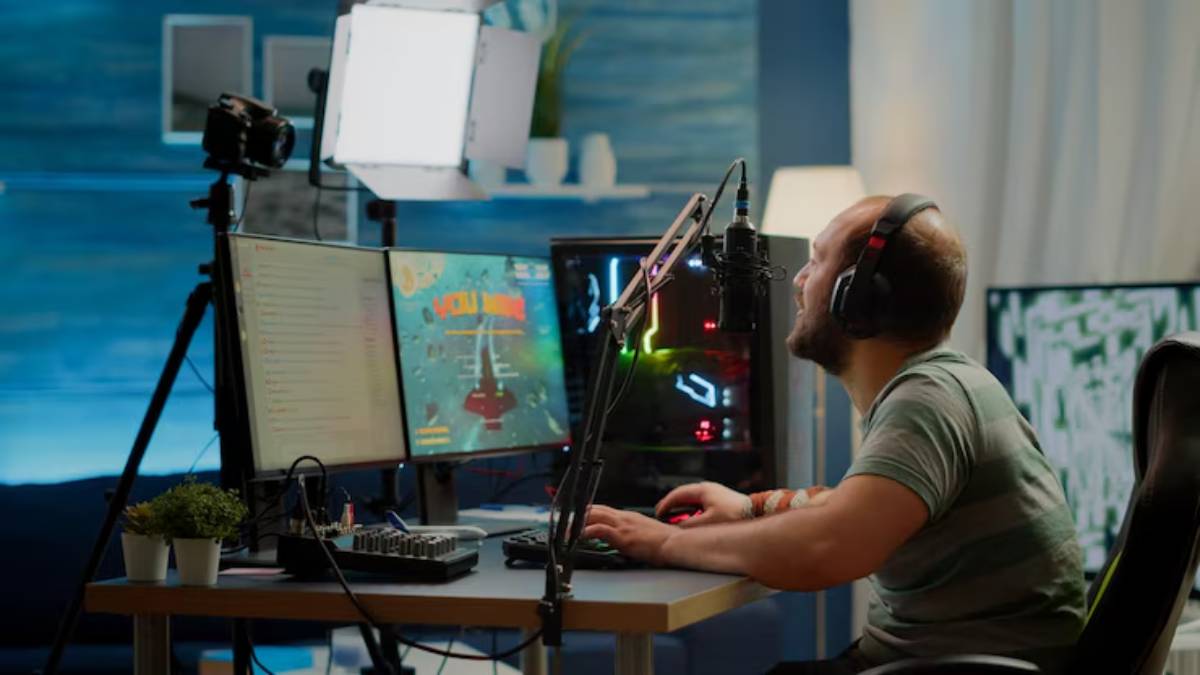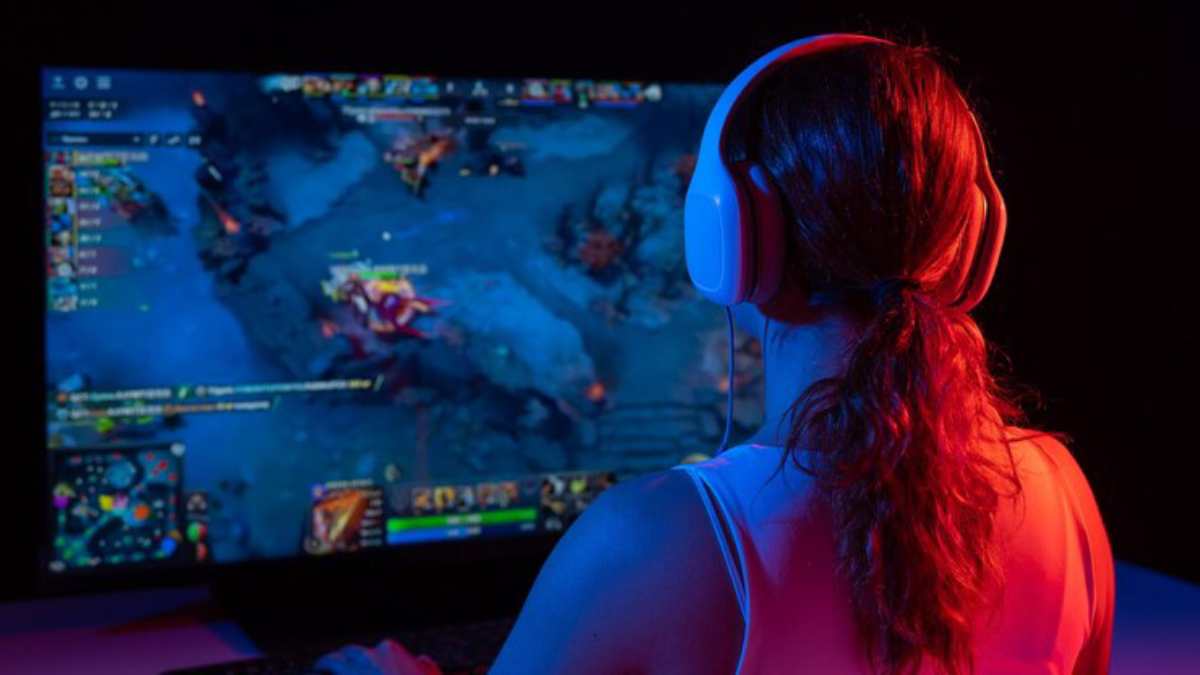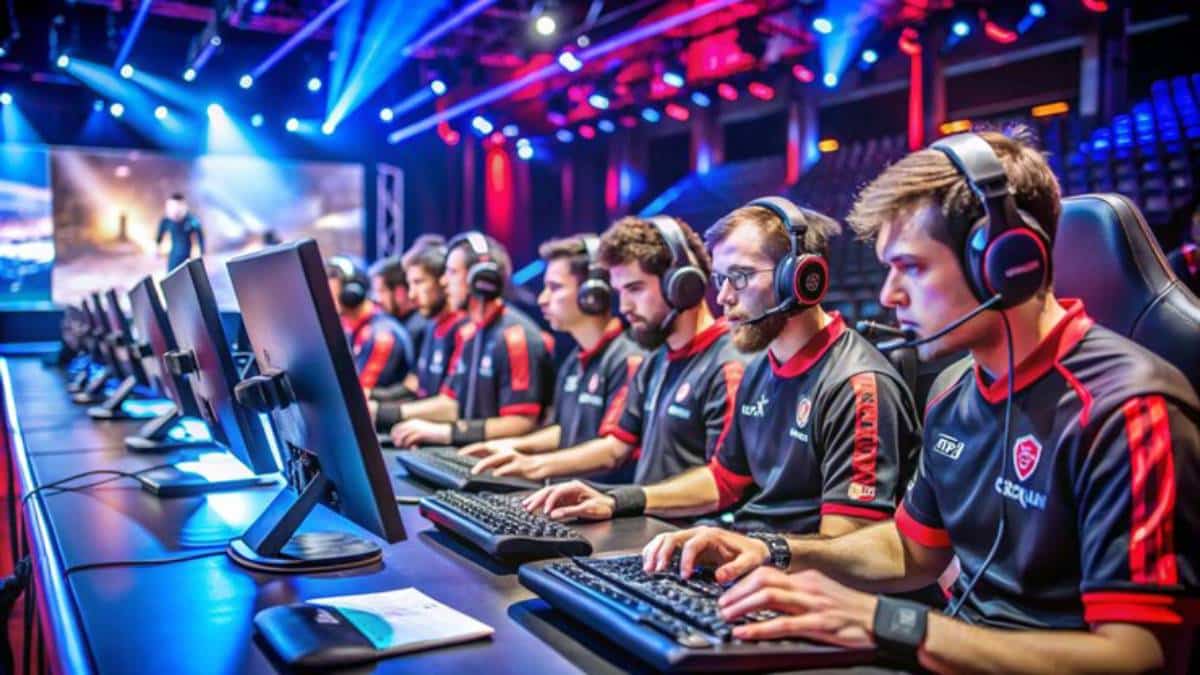
Mental Health and Performance: Balancing Stress in Esports
In the fast-changing world of esports, players face great pressure to excel. With high stakes, mental health is now a focus for players and coaches. The intense atmosphere can create stress. If players don’t manage it well, their performance and well-being may suffer. This blog looks at the need to balance stress in esports. It looks at esports performance psychology. It also gives gamers practical tips to manage stress better.
Esports has evolved from a niche hobby into a global sensation. Professional players now compete for large prize pools and fame. Yet, this excitement brings its own challenges. Many misunderstand esports, viewing it as just a fun pastime. They overlook the intense training and mental strength needed to excel. This blog will highlight these challenges. It helps players, coaches, and fans spot and address mental health issues in esports.
Key Benefits
Understanding the importance of mental health in esports is crucial for several reasons. Firstly, mental well-being directly impacts performance. A stressed or anxious player struggles to make quick decisions. They may not react fast or stay focused in high-pressure situations. This can be the difference between victory and defeat in competitive scenarios.
Esports performance psychology is a growing field. It focuses on mental conditioning for peak performance. Just like physical athletes, esports players need mental training. They must find ways to handle stress, build resilience, and stay motivated. This helps improve their gameplay and supports their long-term careers.
Managing stress is important for gamers. Real-life applications include structured training schedules, mindfulness practices, and support systems. These methods help players balance competitive gaming with their personal lives. This reduces burnout and promotes a healthier lifestyle. Teams that focus on mental health usually have better dynamics, improved communication, and more success.
It is also important to consider how mental health affects learning and adaptability. Players who are mentally well are open to coaching. They accept feedback easily and adapt to changing game metas. On the other hand, people with unmanaged stress might resist change. They may also find it hard to use new strategies. This can slow down team progress and personal growth.
Additional Expert Tips & Common Mistakes to Avoid

To manage stress in esports, players and coaches should follow these best practices. Firstly, establishing a routine that includes regular breaks and physical activity is essential. This helps keep a healthy work-life balance. It also stops boredom, which can cause stress.
Another effective strategy is incorporating mindfulness and relaxation techniques into daily practice. Techniques such as deep breathing, meditation, and visualisation help players remain calm and focused in tough matches. These practices help with stress relief now and build mental strength for the future.
Sleep hygiene is often overlooked. Esports players may have erratic schedules. This can be due to international competitions, streaming, or long practice sessions. However, a consistent sleep routine is key. It helps with cognitive function, reaction time, and emotional control. Teaching players about the value of quality sleep can greatly improve their performance.
Nutrition also plays a significant role in mental health. Diets with whole foods, lean proteins, and complex carbs give you the energy you need. This helps you stay focused and think clearly. Players should limit caffeine and energy drinks. Too much can cause anxiety and mess with sleep.
Don’t overlook mental health just to get in more practice time. While honing skills is important, it should not come at the cost of a player’s well-being. Additionally, players should avoid isolating themselves from their support networks. Connecting with friends, family, and fellow players can offer emotional support. This support helps reduce stress and gives a fresh perspective.
Lastly, a lack of communication about mental health struggles remains a barrier. Many players fear that expressing vulnerability may be seen as a weakness. Coaches and team leaders should break this stigma. They can do this by being open and sharing mental health resources.
Advanced Insights
To explore esports performance psychology, it’s helpful to understand cognitive behavioural techniques. These methods focus on spotting and challenging negative thoughts. They encourage positive affirmations and constructive self-talk. This approach boosts confidence and improves focus and decision-making during gameplay.
Another advanced recommendation is the integration of biofeedback technology. This uses sensors to check heart rate and skin conductance. Players get real-time data on their stress levels. By recognising these signs, players can manage stress better. This helps them perform well.
Virtual reality (VR) is another emerging tool in esports training. VR simulations can create high-pressure situations, helping players build stress tolerance in a safe space. These simulations also help players practice under stress, lowering anxiety during real matches.
Moreover, fostering a team culture that prioritises mental health is crucial. Coaches and team managers should promote open talks about stress and mental health. This way, players will feel safe asking for help. This proactive approach can stop mental health issues from getting worse. It also makes sure players get the support they need.
Developing in-house wellness programmes or collaborating with sports psychologists can also be transformative. Programs provide workshops, individual counselling, and peer mentoring to support mental health. They also create a strong team culture based on trust and empathy.
Conclusion: Balancing Stress in Esports

Balancing stress in esports is key to mental health and peak performance. Players can enhance their game by learning about mental health. They can also use stress management techniques. This leads to a more rewarding career in the industry.
As the esports industry grows, players, coaches, and organisations must focus on mental health. This helps boost individual and team performance. It also supports a healthier, more sustainable esports ecosystem.
We urge readers to take action on mental health in their teams and communities. You can adopt mindfulness practices, seek professional help, or encourage open conversations. Every effort matters. Together, we can build a supportive environment where players can thrive both in and out of the game.


